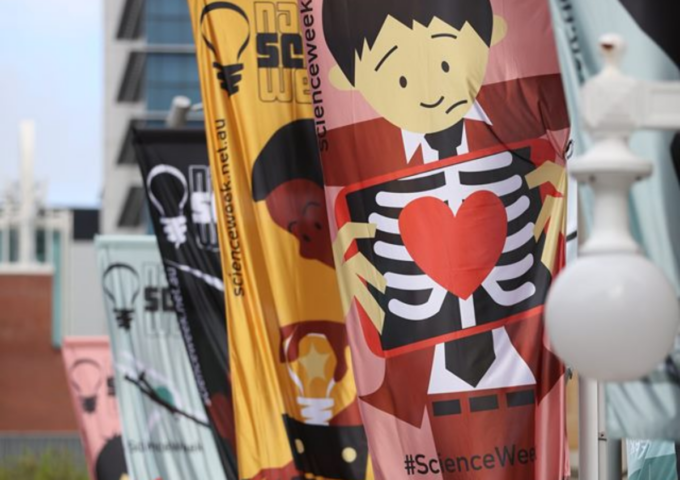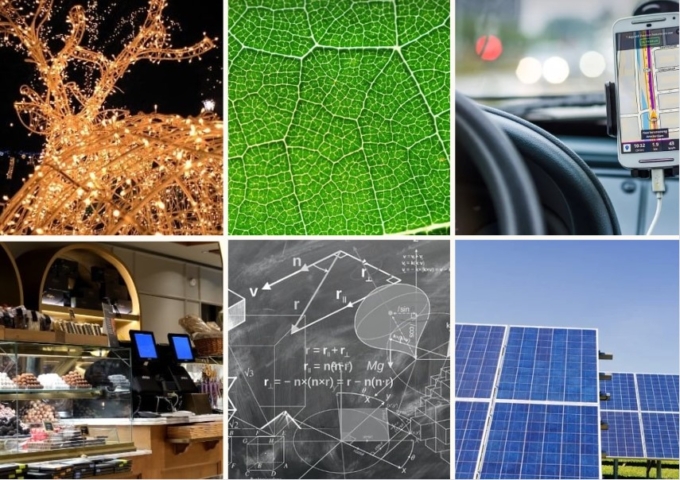- local
- FREE
- PRIVATE
Hydrogen Fuel Cell Vehicles – Racing towards a sustainable future.
- -
- - (AEST)
-
Iona College
85 North Road, Wynnum West QLD 4178, Australia

Coal, the most carbon-dense fossil fuel, is converted into fuel for traditional combustion engines. Consequently, the carbon dioxide released insulates the earth, increasing global temperatures. As a consequence, food chains are altered, adverse weather events destroy habitats, and invasive species can thrive. Ultimately, 10,967 species on the IUCN Red List of Threatened Species are impacted as a result, with this number expected to rise.
An alternative to the heavy reliance on fossil fuels is the use of hydrogen fuel cells. Producing only water vapour and heat as a by-product of electricity generation, this method of powering vehicles holds strong favour to decrease greenhouse gas and CO2 emissions.
To foster a deeper understanding of sustainable and renewable energy, students will build and race hydrogen fuel cell vehicles. Critical thinking and collaborative problem-solving in line with STEM concepts will be required to research, design, construct and race the hydrogen-powered vehicles. The project can be scalable based on year level, incorporating different building materials and alterations to racetracks. The activity can also be highly variant, putting parameters on variables such as weight, size, and distance. The cars that can travel the furthest over various tracks will be the winners!






